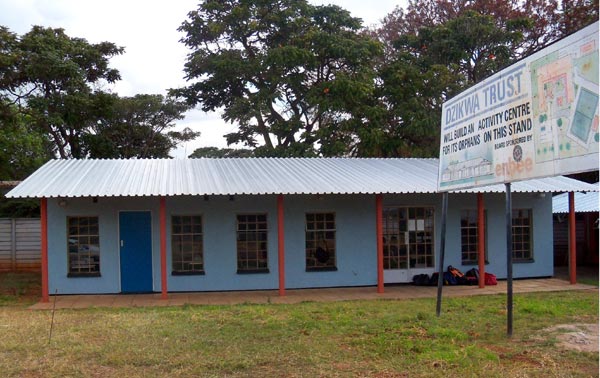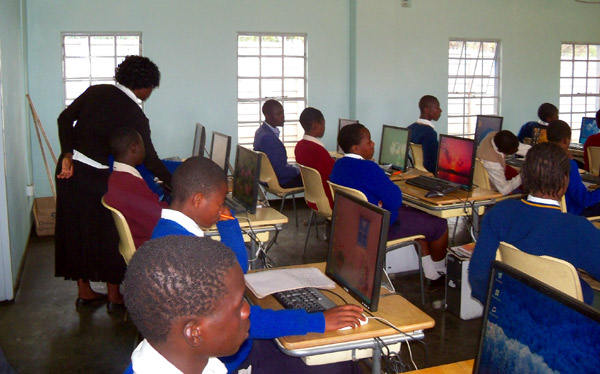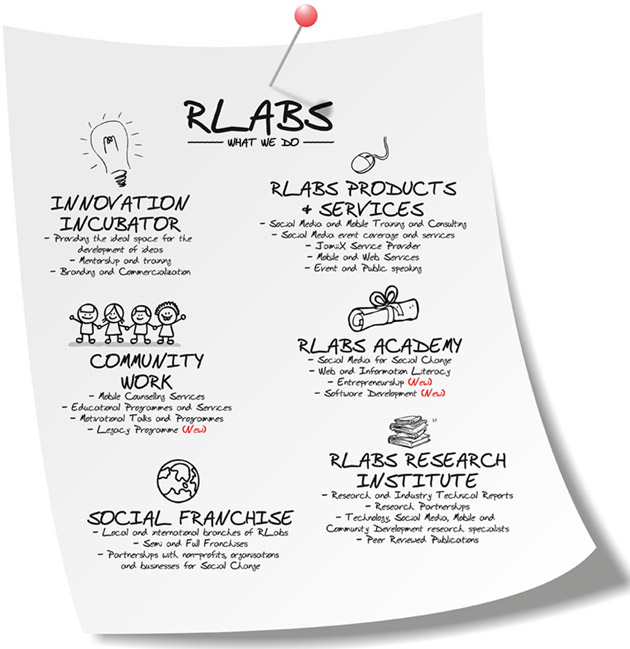Techzim recently visited the Dzikwa Community Centre in Dzivarasekwa, where an orphanage and ICT development initiative has been setup. At the time of our visit, the centre did not have an internet connection, however we believe something is being done about this. After the tour, we were able to get in touch with Anu Ala-Rantala – the program officer responsible for the project under the Finland Fund for Local Cooperation. Anu and Eki Enkenberg were able to answer the following questions for us:
What led you to setup the computer centre?
The initiative to build the ICT classroom and attached internet café came from Dzikwa Trust Fund, who put forward a proposal on the development of the centre to the Embassy’s Fund for Local Cooperation (FLC). Dzikwa has been collaborating with a Finnish NGO called the Zimbabwe AIDS Orphans Society with education and food support to orphans in Dzivarasekwa for long. The two organisations started developing an activity centre some few years ago giving them better infrastructure for the project. The ICT centre is part of this activity centre.
The gap in ICT skills was identified as a key challenge for the children and youth in their education and lead to the idea of creating a computer class room for the students. Also the lack of an internet access point in the Dzivarasekwa area was noted and gave the inspiration to provide basic ICT training and open up an internet access point for the community members, against a small fee that could contribute to the sustainability of the ICT centre.
The Embassy deemed the proposal as a useful and sustainable initiative, which would provide young orphaned students with necessary ICT skills, and also benefit the whole community by providing the area with an ICT training centre and internet access point.
Are you going to expand on the centre?
The Embassy FLC supported the actual construction of the centre and many other sponsors contributed to the equipment. Dzikwa is now focusing on consolidating the activities of the ICT centre. Whether Dzikwa would like to expand the centre might be too early to say at this stage.
The following questions were answered by Mr Aki Enkenberg, Counsellor in Science, Technology and Innovation at the Finnish Embassy in Pretoria
How much of an impact do you believe ICT can make in Africa?
Overall, ICT can really make an impact, and is making an impact already. How much, we’ll see… A major portion of economic growth in Africa is already attributed to the rapid growth of the ICT / telecoms sector. But this is not just about the economy, ICT can and is helping in delivering better services for citizens in Africa, in healthcare, education etc. ICT can also support citizen activism, democracy and good governance across the continent. I think there are plenty of current examples of this.
How much of an impact can the mobile phone have in Africa?
Mobile is the single most important platform for development when you consider the scope and reach of mobile phones in Africa; fixed line internet does not really come close at all as it is not as accessible. The mobile sector in Africa is still at its infancy and growing strongly. There is a lot of room for solutions by African developers and entrepreneurs, tailored to local needs. This is what is happening in several hotspots like Nairobi at the moment. After voice-based services, in a few years we will most probably witness a holistic expansion of mobile internet in Africa.
Finland is a development partner in mLabs East Africa and Southern Africa, what motivated you to join the incubation hub?
I think the principle motivation is about stimulating and empowering the local mobile developer community Africa. It’s a public-private-partnership programme, so we try to leverage public partners’ expertise in development and private technology know how to provide services to meet the needs of African mobile developers. It’s also a way to stimulate entrepreneurship through these hubs, giving opportunities for new companies to emerge and new ideas to reach markets. It fits very well within our broad policy for utilising ICT and innovation for development.
Finland has become a global ICT hub with giants like Nokia currently controlling 65% of the African mobile device market, how can local entrepreneurs use technology to uplift their communities?
It’s not at all about dominance in hardware, it’s mostly about software solutions and services…and about social innovation too. RLabs (Cape Town) is an example of this. It is something Finland has actively supported and funded in recent years through some of our programmes. I think it’s a very good example of community upliftment through technology.
The following visual sums up the work of RLabs
More information can be found at www.rlabs.org



